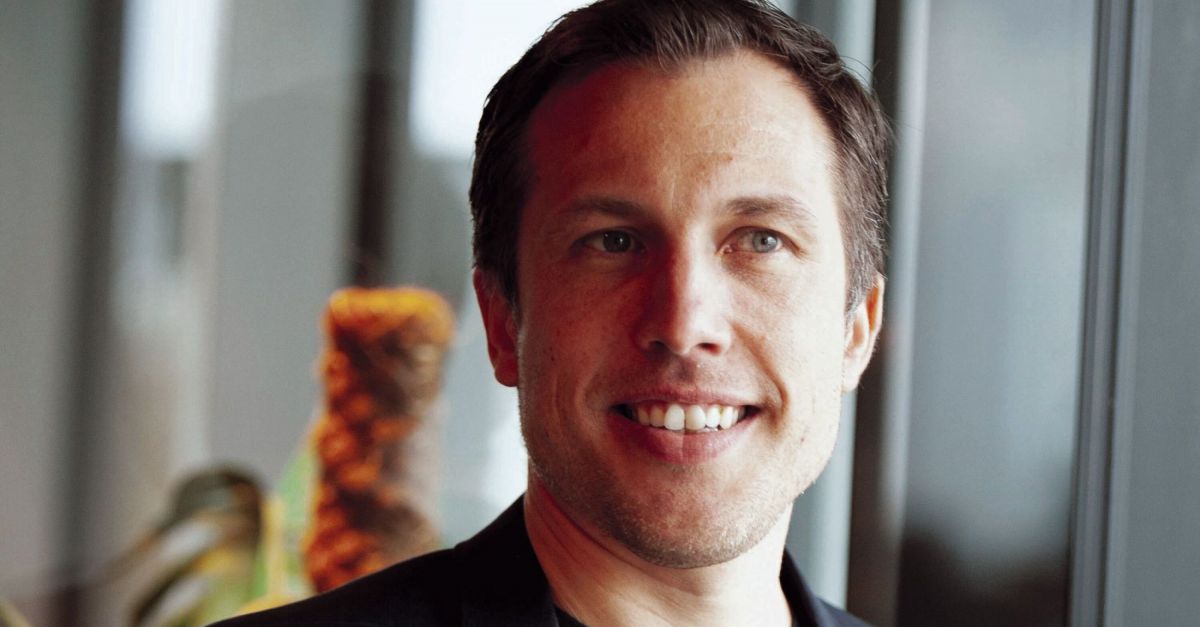Quite possibly the provider behind many people’s first online payment experiences, PayPal built its reputation in the early days of the Internet by making commerce not only secure and transparent, but also possible. Decades later, e-commerce has become the norm and, unsurprisingly, the business has not stood still.
“We absolutely see this as proof that we started in the right place: trying to digitize services,†said Joachim Goyvaerts, Head of Benelux and Ireland at PayPal.
Today, however, that means providing businesses and consumers with tools that respond to a very real change in society.
“Very clearly, and specifically for Ireland, it is true that with the pandemic there has been an acceleration of three to five years. This is mainly because Irish entrepreneurs have really jumped on digitalization,” said Goyvaerts.
Digitizing commerce has been a long-term business strategy, but the pandemic has pushed it forward in unexpected ways. Large companies were already working hard to improve their e-commerce offerings, but they do not have a grip on the market: today, the convenience store and the coffee in the corner are as likely to offer “click and collect” as the large supermarkets, while home businesses and even market stalls can now engage in omnichannel retailing.
“Local digitization has accelerated rapidly, but it is also a long-term trend [so] we don’t see anything fall, â€said Goyvaerts.
Simplicity and safety are the goals and even the demands of retailers and customers.
“Consumers still buy into this and Irish entrepreneurs have embraced it,†Goyvaerts said.
With Ireland having suffered a longer lockdown than most of its EU peers, the country may have gone through a more profound transformation than some. Coming out of the pandemic, Goyvaerts said he expected changes in consumer behavior to solidify.
“Ireland is definitely an open economy, but small businesses have found that it is getting easier and easier to sell digitally. “
However, the digital transformation is not yet complete. It is an ongoing process.
“Omnichannel is more than the web and the store, it’s also social these days,†he said. “The ‘buy local to support retailers’ phenomenon has given the customer additional motivation. [and] we are now seeing the rise of QR codes in physical retail: people order food and drink through an app and pay through their mobile. “
Indeed, PayPal, in addition to its central existence in online payments, is present in the physical world, in particular with the Free Now mobility application and, more broadly, its growing offer of payment infrastructures to merchants.
Goyvaerts said it was a recognition that companies need to meet their customers where they are – and where they are today is everywhere.
“Social is more than advertising. We see it as more and more transactional, â€he said.
So part of PayPal’s proposition to businesses is that wherever they do business, the company will be there to support them with payment technology. “Again, for a small business, this doesn’t require a lot of infrastructure,†Goyvaerts said. It also supports the businesses and consumers from whom they buy and sell. He sees, for example, growth potential in the business-to-business (B2B) sector and thus takes over functions such as invoice generation.
“In B2B we see that it is very easy to make an invoice [with PayPal]; much of B2B has been digitized, â€he said.
The B2B industry has a reputation for being slower than business to consumer (B2C), and for good reason: investment purchases don’t happen on a whim, after all. Thinking only in these terms will mask the fact that there are many other B2B transactions out there, not to mention the fact that professional buyers are consumers too and have become accustomed to transparent transactions themselves.
“The change in B2B is also happening because people are people. Not all B2B purchases are high value-added investment goods: there are a lot of freelancers, for example, and we have real reach with a presence in 200 territories, â€he said.
PayPal’s reach is not only wide, it is also deep, and this is something that gives it an edge in terms of security and fraud prevention.
“Security has many aspects. Strong customer authentication is security at the door. The strength of PayPal as a network, a two-sided network, is that we know [both] our buyers and sellers so that we have a better view of both sides of the transaction, â€he said.
With secure and transparent payments in place, Irish businesses large and small can now think about export opportunities.
“Ireland is a crossroads of different cultures [and] digitization has multiplied the opportunities. What I also see is that Ireland is not just a hub between the United States and Europe. There is also that dimension now with the UK, and Ireland is in a better position than ever. In this sense, Ireland has become more central.
For Goyvaerts, security is ultimately about giving people the confidence to do business. “We want to position ourselves as a digital commerce catalyst for individuals and businesses,†he said.

